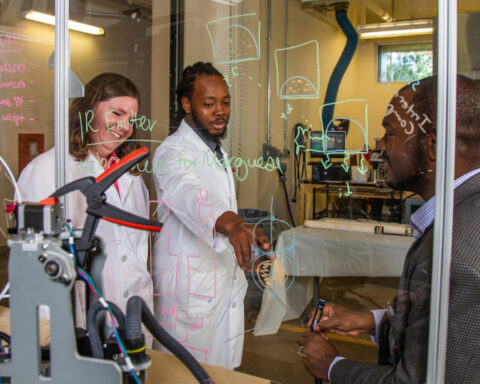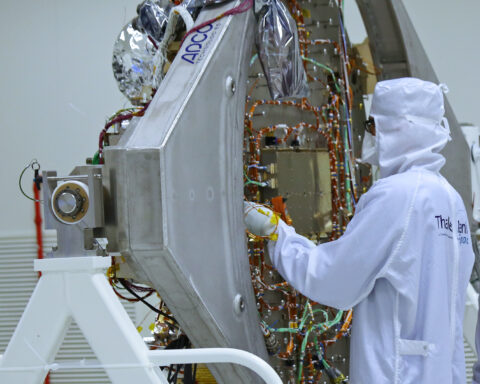The Department of Defense (DoD) and the National Security Agency (NSA) have launched a new initiative aimed at increasing diversity in their cybersecurity workforce.
The Cybersecurity Education Diversity Initiative (CEDI), announced Oct. 15, is a collaboration between NSA’s National Centers of Academic Excellence in Cybersecurity (NCAE-C) Program Management Office and the Defense Department’s (DoD) Office of Industrial Policy, Small Business Program (OSBP) and Mentor Protégé Program (MPP). NSA and DoD said the workforce development program will redefine the academic path to a successful career in cybersecurity.
“This partnership is a revolutionary approach to developing the cybersecurity workforce of the future,” said Diane M. Janosek, commandant of NSA’s National Cryptologic School (NCS), which houses the NCAE-C program. “CEDI is the future model for developing well-qualified and trained cybersecurity professionals across all industrial sectors, in all fifty states.”
The program “addresses the nation’s critical cybersecurity talent gap by removing obstacles typically associated with establishing new cybersecurity programs: access to certified teachers, quality educational resources, mentoring, contextual learning experiences, and geographically-located internships with business across all industrial sectors,” according to DoD and NSA.
The program is open to Minority Serving Institutions and Historically Black Colleges and Universities. Schools looking to establish a cybersecurity program will be connected with an NSA Centers of Academic Excellence-designated institutions in their region which will provide advice on program development.
Students at participating schools can receive paid stipends through DoD-created internships. The internships will be with private sector companies located in the student’s geographic area. CEDI will also offer students hands-on experience through Maryland Innovation & Security Institute’s virtual cyber range. “This combination of experiential learning and contextual training allows students to develop the critical skills necessary to address cybersecurity challenges in their geographic area,” DoD and NSA said. “Students, through use of a ‘cyber range’-built to develop technical skills, can also provide technical assistance to participating institutions and small businesses in multiple industrial sectors.”
Courtesy of MeriTalk and Kate Polit




